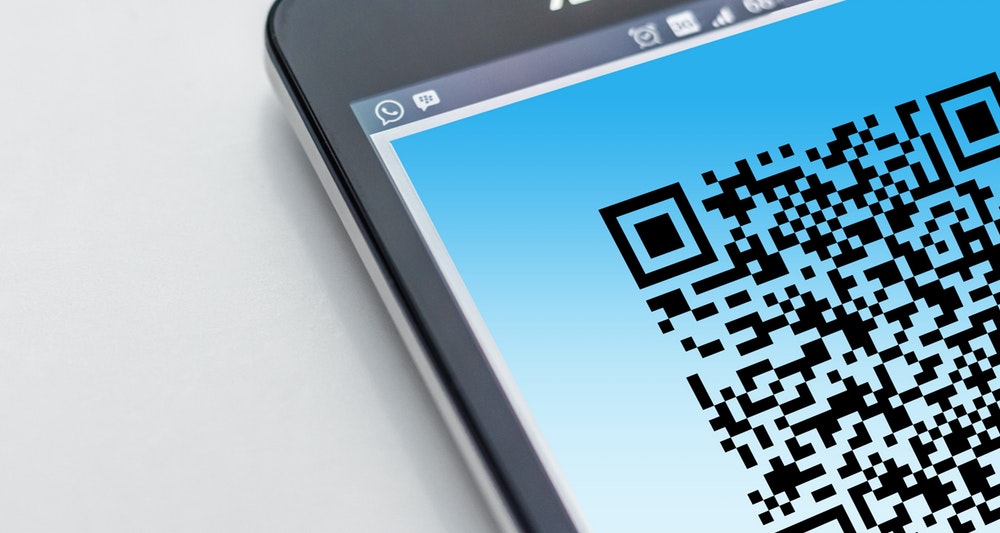If a QR code is on a label and no one scans it, does it provide information?
Beginning January 1, 2020, the U.S. Department of Agriculture will require all genetically engineered (GMO) foods — or, as they’re known in the industry, bioengineered foods — to include that fact on its label along with nutrition information.
The bioengineered food industry, in a effort to give additional context about what “bioengineered” means, why the product was bioengineered and how the process works, have been seeking ways to deliver extra info to consumers via various methods.
Including the QR code, which has been rumored to be making a comeback for a few years now.
According to a recent University of Delaware study, however, if consumers have to take an extra step to access extra information, the vast majority won’t bother, UDaily reports.
Kent Messer, an S. Hallock du Pont professor of applied economics and director of the Center for Experimental and Applied Economics at UD’s College of Agriculture and Natural Resources, conducted a study to see how many steps the average consumer will take to find nutritional information recently.
Study subjects, gathered while waiting for the Cape May/Lewes Ferry, were given additional information about bioengineered oysters in print, via a clickable link and via a QR code (with or without a scanning device).
Only 1% used their phones to scan the QR code to access the extra information; 20% clicked a link, and about 50% used the QR code when a separate scanning device was offered.
“Consumers want to know what is in their food and this could be one way to offer them more information,” Messer said to UDaily. “But this study suggests that, despite consumer interest and demand for the new federal law, when consumers are offered information via QR codes, many of them may not access it on a regular basis, if at all.”
Read the full storyJoin our growing Slack community
Join 5,000 tech professionals and entrepreneurs in our community Slack today!
Donate to the Journalism Fund
Your support powers our independent journalism. Unlike most business-media outlets, we don’t have a paywall. Instead, we count on your personal and organizational contributions.

Everything you need to know about immigrant work visas under the Trump administration

This Week in Jobs: You'll go mad over these 26 tech career opportunities

Building better founders: How to align entrepreneurial vision with investor expectations


